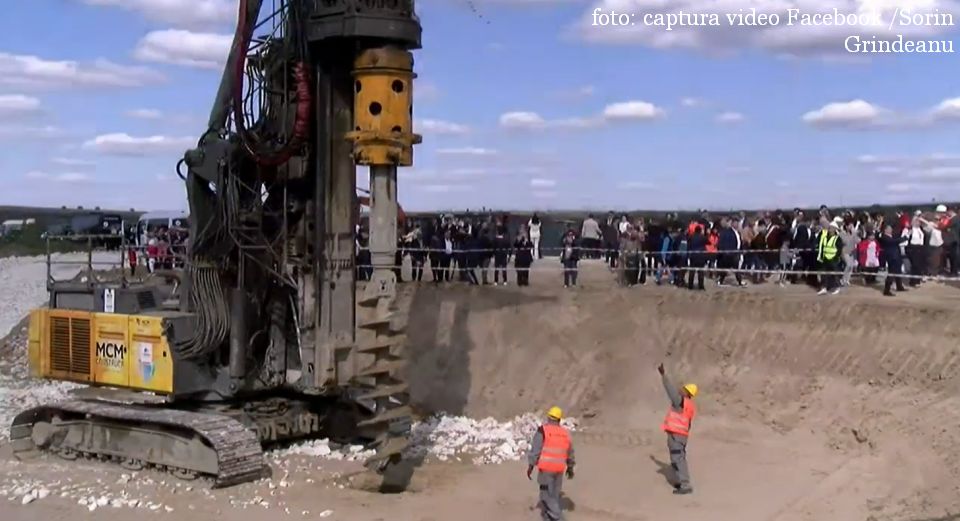Constitutional Court Rules on Local Officials
Local elected officials having received suspended prison sentences will lose their seats, the Constitutional Court of Romania ruled.

Corina Cristea, 07.07.2016, 13:24
Until last summer, an ambiguous paragraph in the Law regulating the status of local elected officials enabled the mayors that had received suspended prison sentences to keep their seats. In June 2015, Romania’s Supreme Court ruled however that all officials having received final sentences, whether or not suspended, should be dismissed. But while many officials in this situation have been discharged, others would not step down and challenged the orders in court. Meanwhile, a number of MPs tabled a bill that cancelled the ruling of the Supreme Court.
The Law on local elected officials was eventually amended, to the effect that those officials having been given suspended sentences were allowed to stay in office. The Head of State found this to be unacceptable, and therefore notified the Constitutional Court in this respect. The law comes against core principles of the rule of law and hinders the fight against corruption, President Klaus Iohannis argued. On Wednesday, the Constitutional Court judges endorsed the President’s view.
The interim president of the Constitutional Court, Valer Dorneanu, explained, “The Court had in mind the fact that a discriminatory situation had been generated and that the solution given by Parliament would have disregarded the lawmakers’ goal, namely to protect the integrity and responsibility of the local elected official position.”
Consequently, the local elected officials subject to final prison sentences will lose their seats. The executive director of the Public Innovation Institute, political science expert Ovidiu Voicu, said in his turn, in an interview to a private radio station, “It is a decision triggered by common sense, and of course anyone can see that, except for the politicians in this situation. I believe it is clear for everybody that an elected official can no longer represent the citizens after having committed offences that are incompatible with that position.”
According to the media, last year, when the Supreme Court passed its ruling, there were 61 mayors who had received suspended prison sentences, in three-quarters of Romania’s counties. Equally relevant, four of Bucharest’s six district mayors and the mayor general were arrested under corruption-related charges. And most recently, the western town of Deva will have to organise local elections again, because Mircia Muntean, the mayor elected on June 5, was sentenced to six years in prison, after a recent two-year sentence for driving under the influence was merged into a four-year suspended sentence of abuse of office.
(Translated by Ana Maria Popescu)






























